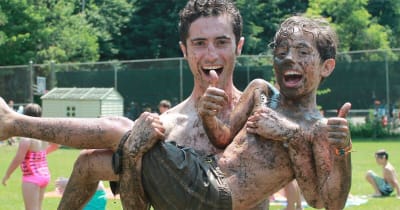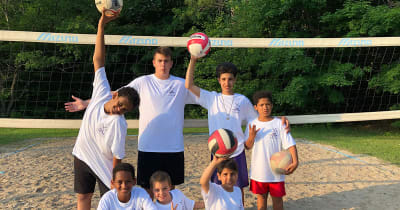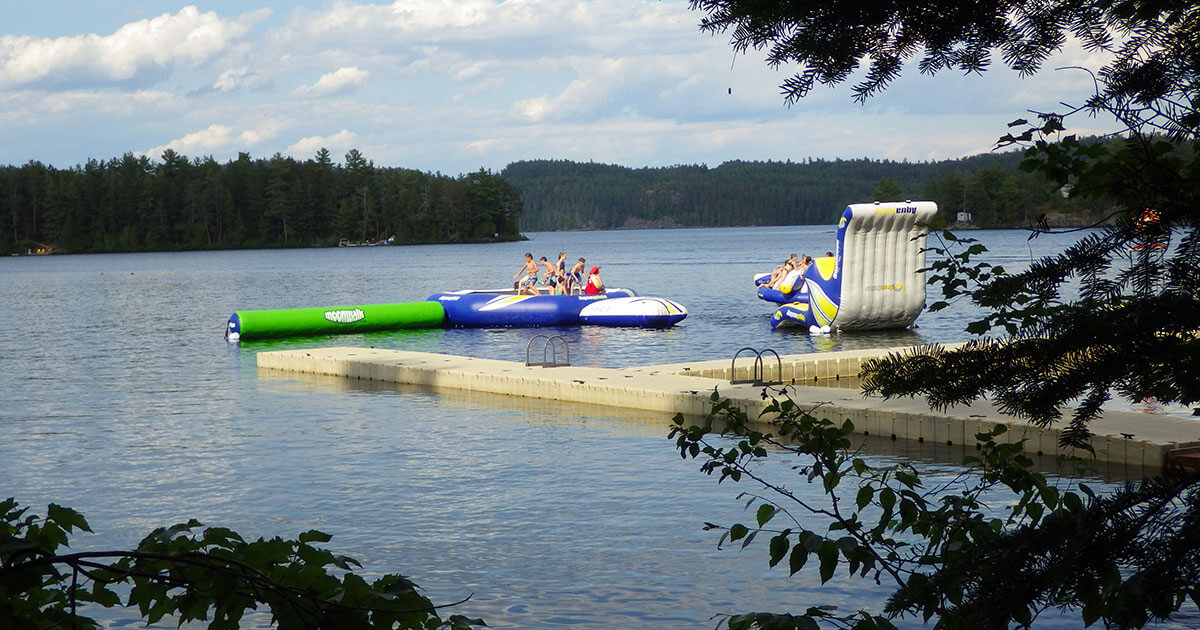Kids' and teens' fencing classes near you
We list kids' fencing from across the country. Use OurKids.net's advanced search to find fencing teachers for kids, near you:
Search fencing classes in ANY CITY
More than just after-school programs
Kids who love this sport can explore fencing camps on our site or use our advanced search to find lists of the following:
Search all FENCING CAMPS AND PROGRAMS
What do children learn in fencing classes?
Fencing movements, techniques, and rules. Fencing classes teach kids moves, techniques, and game rules. At beginner stages, your child learns footwork and how to hold the sabre. The lunge, parry, and riposte come next, important terms and techniques every fencer needs to know. As kids and teens advance, they learn about attack and strategy. Classes ensure that children are not injured, of course. Fencing rules also include etiquette and scoring fairly.
Discipline and respect. In order to improve skills, kids must commit to fencing. This includes practicing everyday, attending classes, and accepting feedback from instructors. Discipline and respect go hand-in-hand in fencing training.
Healthy competitive spirit. Kids’ fencing classes include matches and even tournaments with their fellow campers. Competition instills sportsmanship skills in children. Students learn to win and lose with dignity and respect for opponents. This extracurricular activity helps build healthy competitive attitudes in kids and teens. They become more mature athletes and people.
Tactical and strategic thinking. Great fencers must be two steps ahead of their opponents. This is why tactical training is a large part of fencing. Students learn common fencing strategies and uncover opponents’ weaknesses. Strategic skills apply in fencing, and other sports, too, such as volleyball, golf, or hockey.
Independent learning skills. In one-on-one fencing matches students plan attacks and literally think on their feet. Kids implicitly develop independent learning on the piste, sharpening their minds for later academic and professional settings.
Five benefits of fencing classes
Builds fitness and aerobic skills. Fencing is a great way to strengthen the body and improve speed, agility, and coordination. Beginner fencers learn how to stand, attack, and block with precision. They learn physical self control and improve their fitness levels.
Promotes a growth mindset. Fencing classes for both beginner and advanced students promote goal-orientation. Young fencers set and achieve personal goals in training. This, in turn, promotes a growth mindset. Kids and teens grow in personal discipline and acceptance of criticism with a positive attitude. They learn to persevere
Healthy release of aggression. Fencing can be a great stress and anger management tool. While fencing movements are graceful, they're also athletic, a great tension release. Kids with stress or problems with aggressive behaviour might find fencing an aid to regulating emotions.
Mindfulness training. Fencing also introduces kids and teens to the mental preparation needed for matches or tournaments. At fencing class, your child learns to clear their mind of distractions in order to perform their best. They may adopt meditation strategies and other tips, and they also gain a sense of empowerment. This helps them learn concentration and focus.
Introduction to professional equipment and techniques. Fencing classes use high-quality fencing equipment such as sabres, masks, uniforms, and more. Your son or daughter receives the best quality fencing training possible. High-quality equipment leaves little room for error, and children are well-protected.
What to look for when enrolling in fencing classes
When considering your options, here are some questions you can ask program leaders and fencing teachers prior to enrollment:
- Are fencing uniforms and other equipment provided? If not, do you have any recommendations?
- How is safety emphasized? What procedures are in place in the chance of injury? How have you dealt with an injury in the past?
- How often are matches conducted? Can matches be watched by families?
- What is the instructor’s teaching style? How much personal attention do kids get, to improve their skills?
- What does a typical class look like for beginner fencers?
- How much are students expected to practice outside of class?
- How is bad behaviour or bad sportsmanship dealt with in class?







